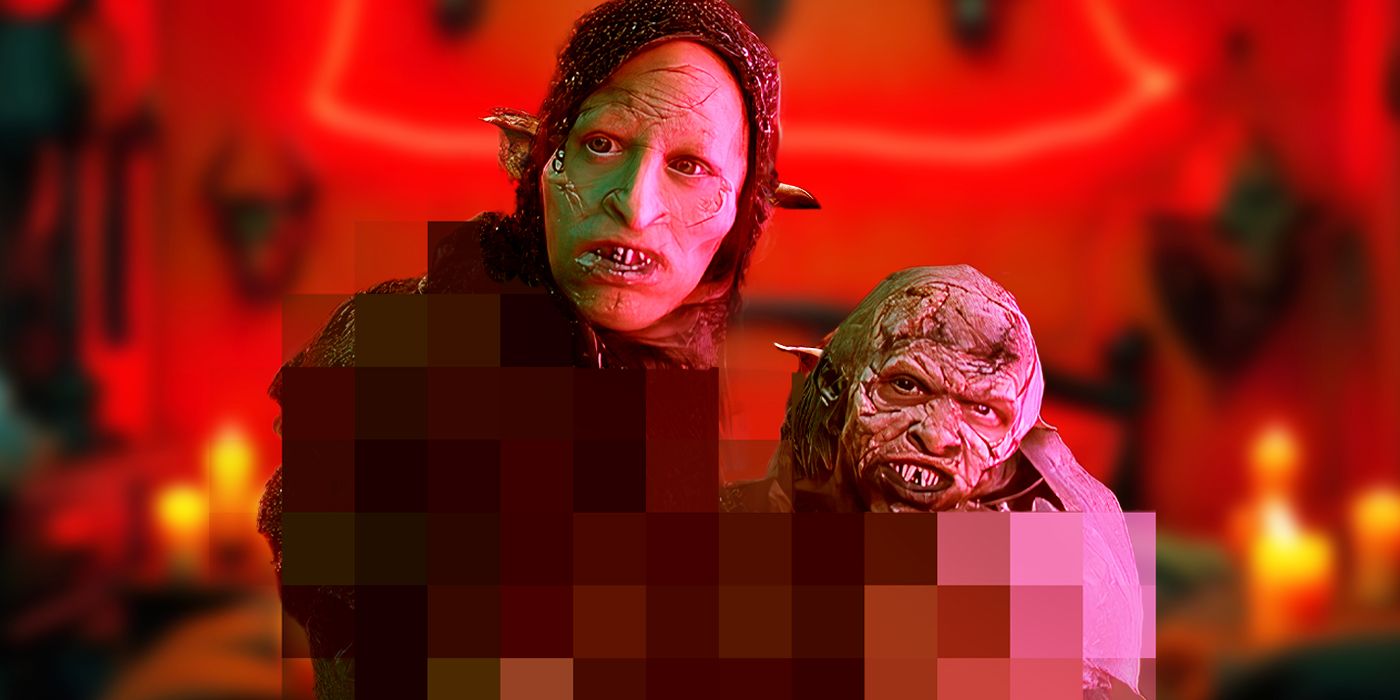
J.R.R. Tolkien Left Many Gaps in Orc History and Lore
The controversy surrounding this brief moment of tenderness between Orcs has many layers. The first and more obvious one is the fact that a baby Orc had never shown up before in The Lord of the Rings and in J.R.R. Tolkien‘s Legendarium. This confused many people regarding Orc biology and how they organize themselves socially. After all, in the Peter Jackson movies, we learn that Orcs were once Elves who were tortured and corrupted. So how come there is a baby in that scene with Glüg? Surely no one would torture and corrupt a baby Elf… right?
According to The Silmarillion, Orcs were created by Morgoth, the first Dark Lord, who tortured and corrupted Elves. Through a process of corruption and breeding, he twisted them into the first Orcs. Later in life, Tolkien further reflected on the origin of Orcs and concluded that they might have come from Men instead. Other interpretations say they might have once been Maiar, or even created by Morgoth himself, although those theories clash with some key principles in Tolkien lore, especially that creating life is the prerogative of Erú Illúvatar, the Legendarium’s equivalent to God. None of those possibilities were considered final, however, as Tolkien deliberately left some things open. Later, Jackson made The Silmarillion‘s interpretation more popular by going with it in his movies.
Regarding their reproduction, a passage in The Silmarillion explicitly confirms that “the Orcs had life and multiplied after the manner of the Children of Ilúvatar,” the latter being Elves and Men. Morgoth (then known as Melkor) couldn’t create life himself, despite his power. Instead, he could only corrupt existing life. So, in the context of The Rings of Power, Orcs are regular mortal beings with physical bodies, implying that they reproduce naturally over generations. This is further supported by the fact that there are different Orc tribes and lineages, like the Morgul Orcs, the Moria Orcs (also called Goblins), and the Gundabad Orcs. All those evolved separately through reproduction.
Are Orcs Even Supposed To Have Families?
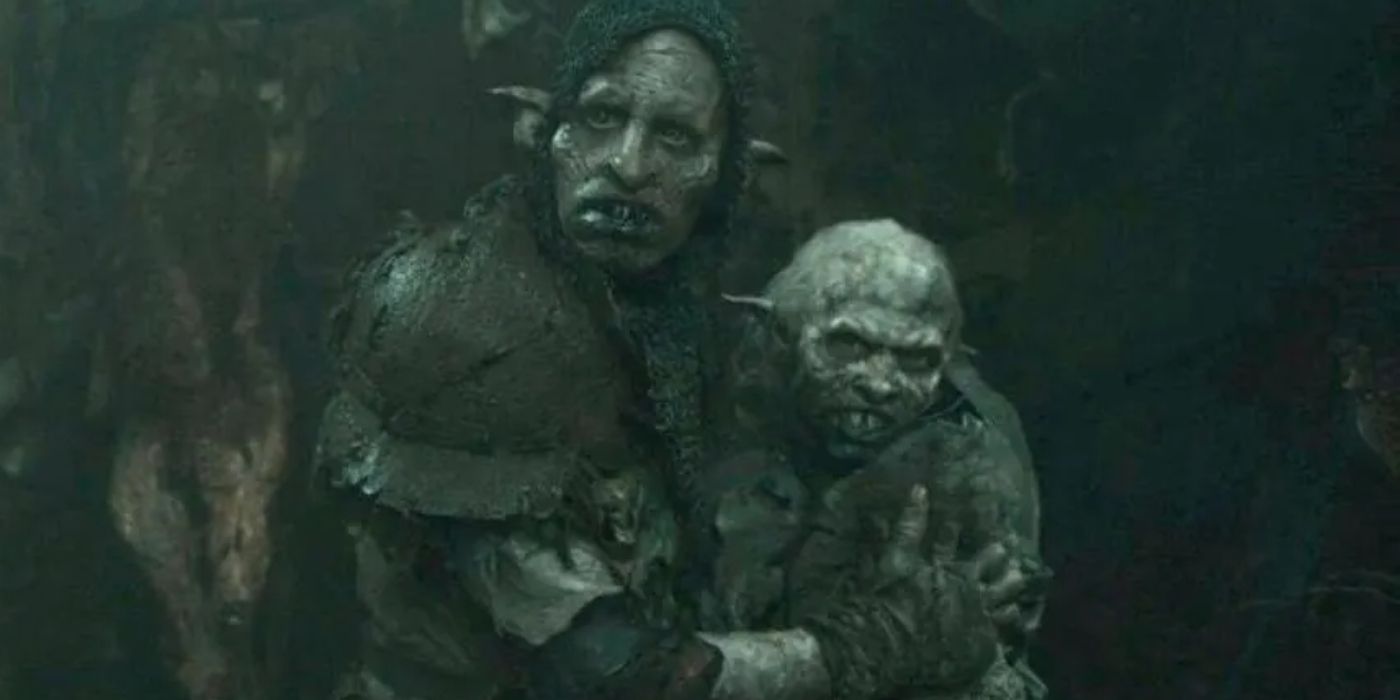
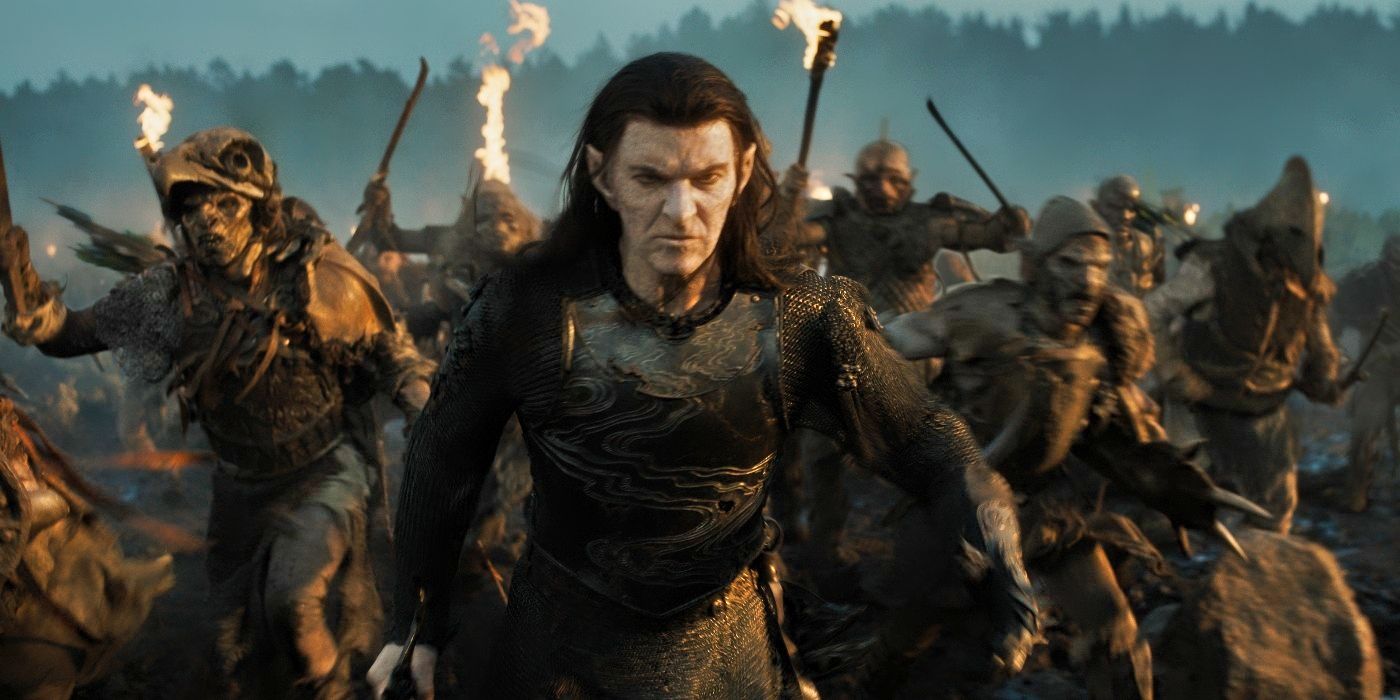
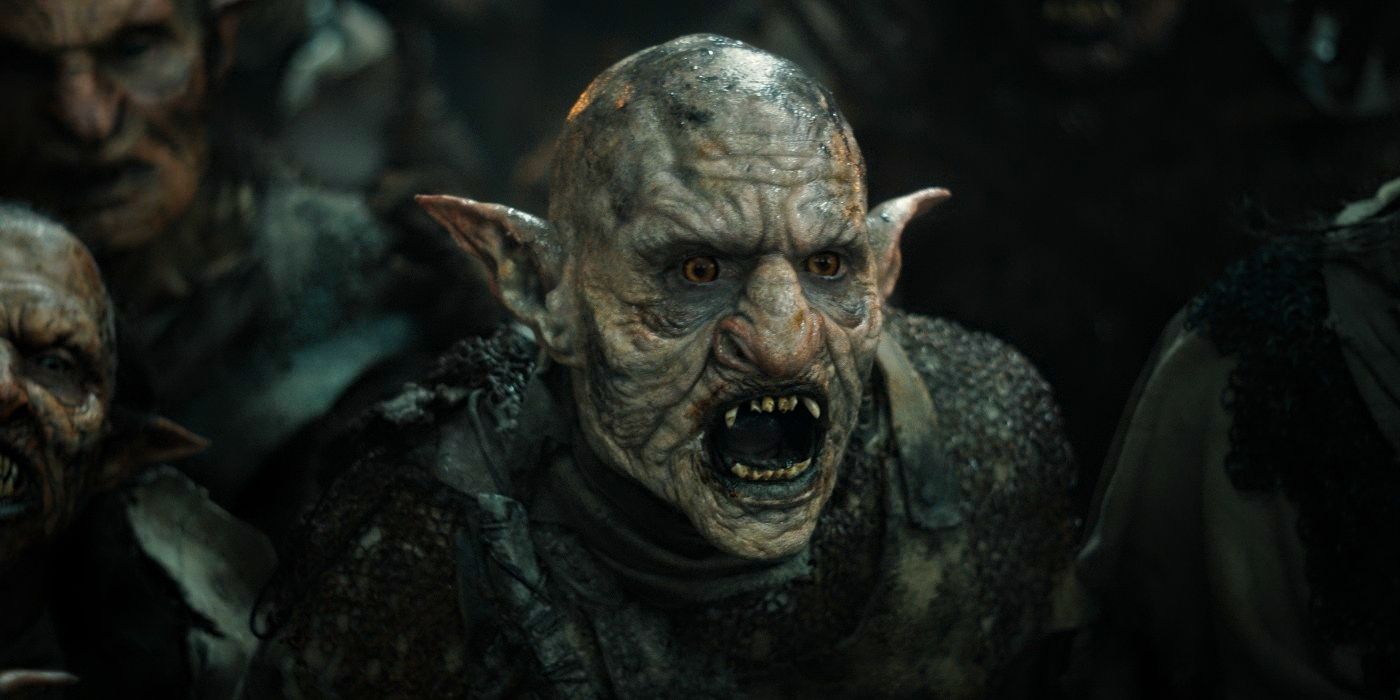
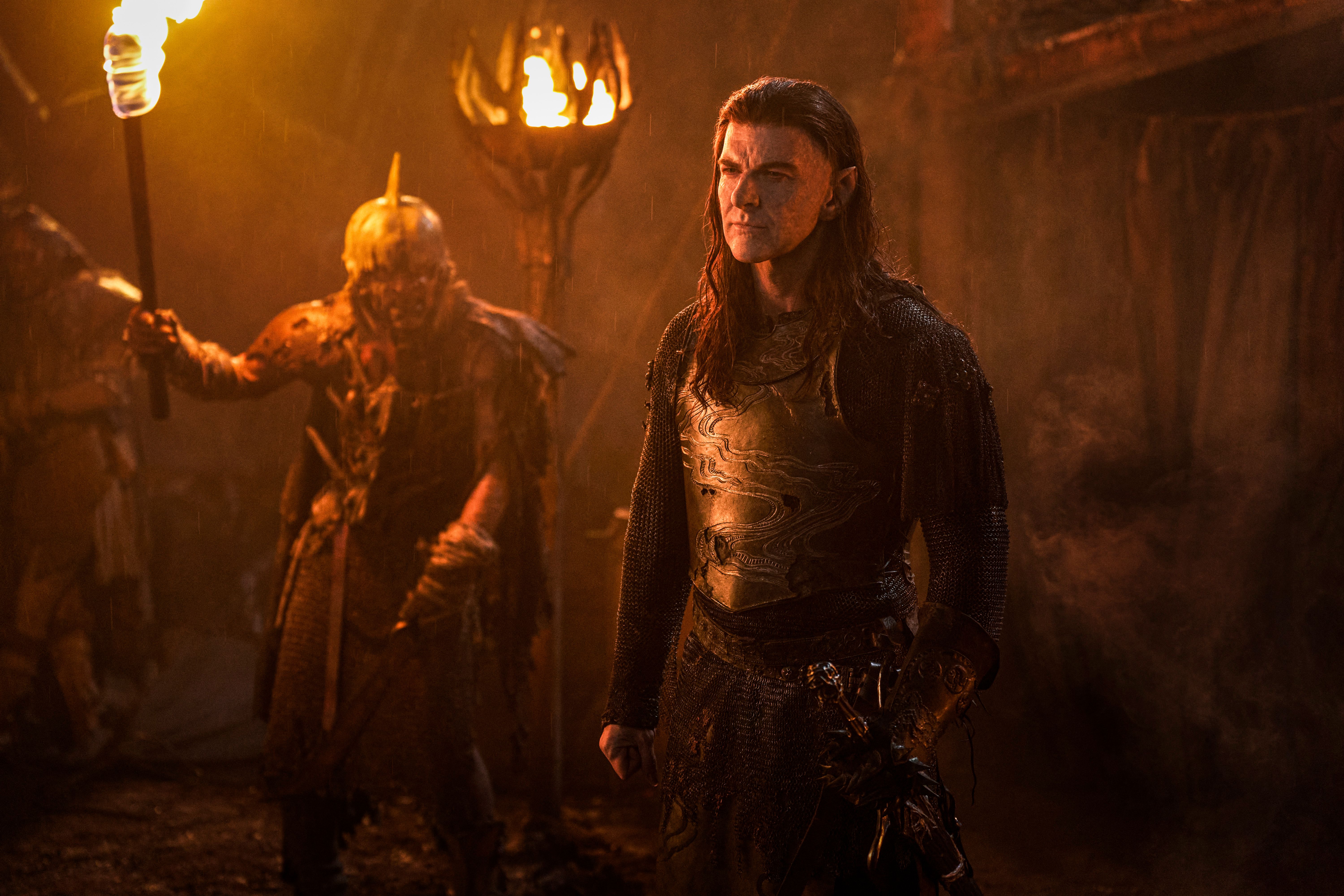
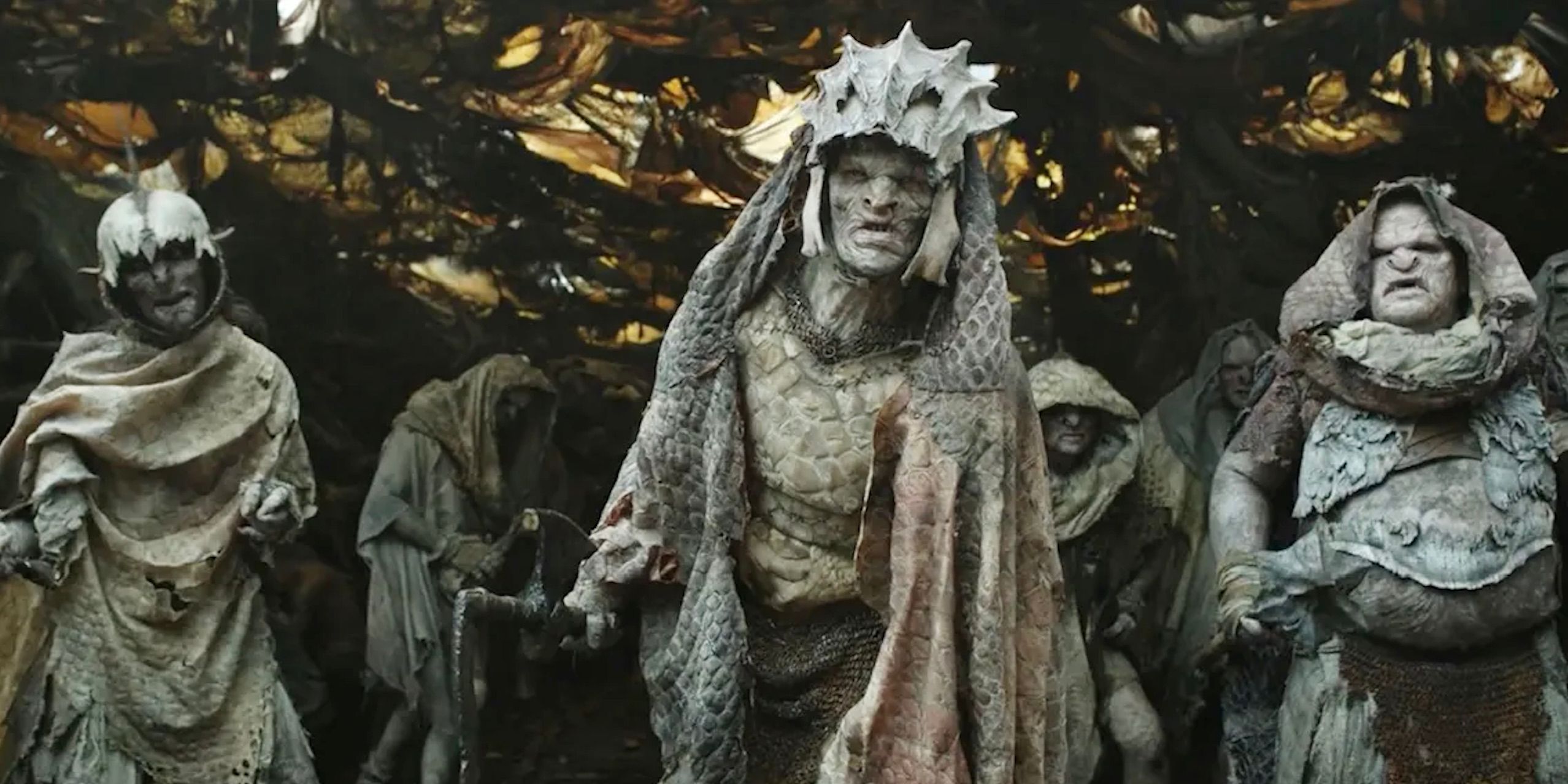





That Orcs probably reproduced through regular biological means is something most people never thought about, but it makes sense. Morgoth may have created Orcs by corrupting Elves, but that doesn’t mean that every Orc was once an Elf, especially in periods like the Second and Third Ages of Middle-earth. It only means that this is how Orcs first came into existence, as beings of malice and hatred. This aligns with how most fans perceive them, influenced by Jackson’s portrayal in his movies, as mostly cannon fodder for their masters.
Seeing a tender Orc family goes against this image in every possible way. If they are inherently evil, how can Orcs have families? Tolkien left no account of how Orcs behave in smaller social nuclei, but the idea that they could have families and protect their own isn’t an absurd one. Twisted as they might be, Orcs still have individuality, impulses, and instincts, so it’s natural that they should have families, too. What stirs controversy in this context is the fact that Glüg and his family seem to be “peaceful,” going against the idea that Orcs are driven by an unquenchable thirst for blood. But self-preservation is also a natural instinct seen in every species, extending to the protection of one’s offspring as a way of perpetuating their line. Like the other “Children of Ilúvatar,” Orcs have it, too.
In fact, Tolkien himself offers a more nuanced approach to the subject in his letters, known as The Letters of J.R.R. Tolkien. Again, no detail is given about Orcs having families, but their morals are somewhat explored. In Letter #153, for example, Tolkien argues that Orcs do have some measure of free will as they come from Elves, and, therefore, choose to be evil, although not irredeemable. Later, in Letter #183, the author argues again that most of the Orcs’ actions come from the fact that they were easily dominated and rarely exercised their free will. What happens in The Rings of Power, with Glüg showing affection for his family, doesn’t go against any of these points. In fact, in the context of the series, it even makes sense.
An Orc Family Perfectly Aligns With Their Portrayal in ‘The Rings of Power’
The approach to Orcs in The Rings of Power is something unique in Tolkien lore, filling these gaps left by the author. So far, the series has taken many liberties with the approval of the Tolkien estate, but its story is still cohesive, so the act of “filling gaps” in lore shouldn’t be a problem, since, in the context of the series, things such as the Orc family make sense. It started making sense when Adar was first introduced in Season 1, adding depth to this otherwise little-known side of the Legendarium.
Adar, who identifies as an Uruk, claims to be the “father” of the Orcs, in the sense that he cares for them in a way no other being has so far. In the opening sequence of Season 2, he kills Sauron (Jack Lowden) because the Orcs had just served Morgoth in the deadliest conflict ever, and didn’t want to risk their lives again for another Dark Lord. They are still evil, treacherous, and corrupt, Adar just made them realize that they were mere cannon fodder and deserved more. Without a Dark Lord to follow, the Orcs’ individuality may have grown to the point of them actually becoming more concerned about survival than war. This has never happened to them before, and certainly not in recorded lore, but the purpose of the series is precisely to go beyond lore, not against it.
One of the biggest criticisms Season 1 faced was that this approach “humanizes” Orcs and makes them appear “misunderstood,” but nothing in The Rings of Power establishes them as being good. Quite the contrary, there is always tension between them and the Elves, and the Orcs commit a huge act of violence by turning the Southlands into Mordor. Instead of “softening” them, the idea of an Orc family makes them even more complex given that they have something they hadn’t under Morgoth and Sauron, which is free will. It doesn’t change their established nature from lore; were they good, they wouldn’t be standing against the protagonists. They still kill, steal, and wreak their usual havoc. The idea is to give them a reasonable arc that makes them more complex as villains, not blind fodder for Adar and Sauron’s war machine.
Season 2 of The Rings of Power is streaming on Prime Video. New episodes air weekly on Thursdays.




